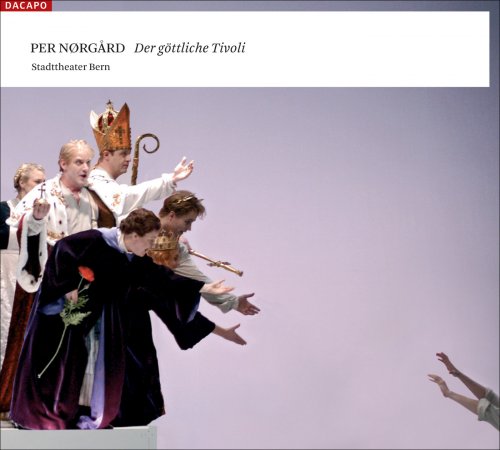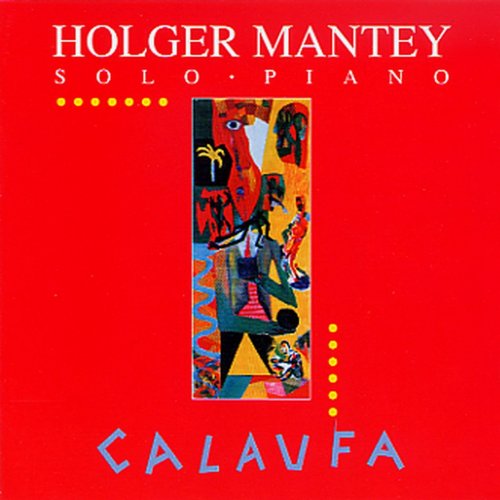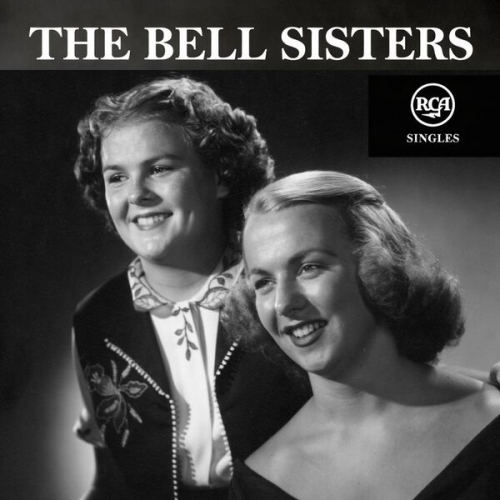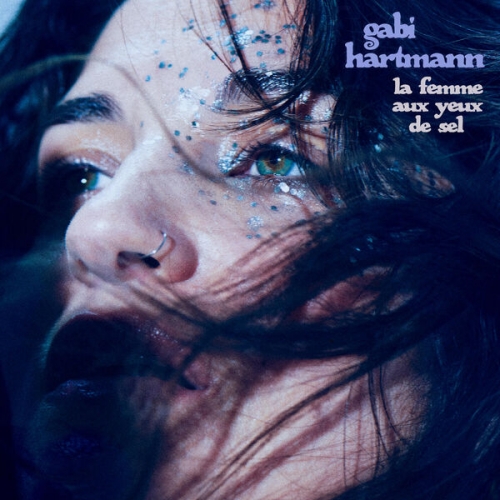Dorian Keilhack - Per Nørgård: Der göttliche Tivoli (2009)

Artist: Dorian Keilhack
Title: Per Nørgård: Der göttliche Tivoli
Year Of Release: 2009
Label: Dacapo Records
Genre: Classical
Quality: FLAC (image + .cue, log, artwork)
Total Time: 1:25:06
Total Size: 400 MB
WebSite: Album Preview
Tracklist:Title: Per Nørgård: Der göttliche Tivoli
Year Of Release: 2009
Label: Dacapo Records
Genre: Classical
Quality: FLAC (image + .cue, log, artwork)
Total Time: 1:25:06
Total Size: 400 MB
WebSite: Album Preview
CD1
[1] Vorspiel
[2] Prolog I: Ein Totschlag
[3] Prolog II: So silbern tönt’s
[4] Prolog III: Gondellied
[5]-[10] Erster Akt: Zerstörung
CD2
[1]-[2] Erster Akt
[3]-[7] Zweiter Akt: Erschaffung
Danish Composer Per Nørgård (born 1932) spent much of his career composing with the "infinity series," a system for generating pitches that he developed in 1959. In 1979, his musical style was turned on its head after he encountered the work of Adolf Wölfli, an early 20th century Swiss artist who was severely psychotic and spent his adult life in an asylum. Nørgård wrote, "I experienced the encounter with Wölfli's chaotic art as a mental dive into a dark, different world -- eerie, unpredictable, but fascinating and above all highly specific." That serves as an apt description of the 1982 opera he wrote about Wölfli's life, The Divine Circus. Scored for six soloists and small chorus, six dancers, six percussionists, amplified cello, and synthesizer, the opera, with a libretto the composer compiled from the artist's voluminous writings, certainly embodies the disjunction, randomness, fantasy, anxiety, alienation, and sheer terror of a psychotic's life. Wölfli is portrayed by four singers, with personalities that are frequently in conflict with one another, and the remaining singers fluidly morph in and out of a variety of characters from the artist's fevered imagination. Nørgård's music is frequently fascinating (often when the percussionists are playing without the voices) and he is a master of creating dramatic tension (which, in this piece, is almost unrelenting). The lack of a coherent narrative and the apparent chaos of much of the music make the opera rough going as a purely aural experience, although it's easy to imagine that on-stage it could have a powerful impact. The finale, based on a tune by Wölfli, is absolutely lovely and wonderfully cathartic after everything that has come before it. The opera receives a fabulous performance in this recording taken from a production at Stadttheater Bern, led by Dorian Keilhack. The singers, who are rarely called on to produce what could be called conventionally beautiful sounds, throw themselves into their roles with commitment and abandon; these are hell-for-leather performances that sound like they are holding absolutely nothing back. The sound of Dacapo's SACD is clean and realistically atmospheric. Intriguing but inscrutable, The Divine Circus should be of interest to Nørgård's fans and opera lovers with a taste for extreme adventure. -- Stephen Eddins




![Alexander Wienand - Strangers (2026) [Hi-Res] Alexander Wienand - Strangers (2026) [Hi-Res]](https://www.dibpic.com/uploads/posts/2026-02/1772172636_cover.jpg)
![Various Artists - Lost Tracks: Accra to Addis (2026) [Hi-Res] Various Artists - Lost Tracks: Accra to Addis (2026) [Hi-Res]](https://img.israbox.com/img/2026-02/26/lqvyrzr9f9yed5j0r3zv7c1r6.jpg)


![Antonio Faraò & Stéphane Belmondo - Do it! (2026) [Hi-Res] Antonio Faraò & Stéphane Belmondo - Do it! (2026) [Hi-Res]](https://www.dibpic.com/uploads/posts/2026-02/1772037177_1.jpg)